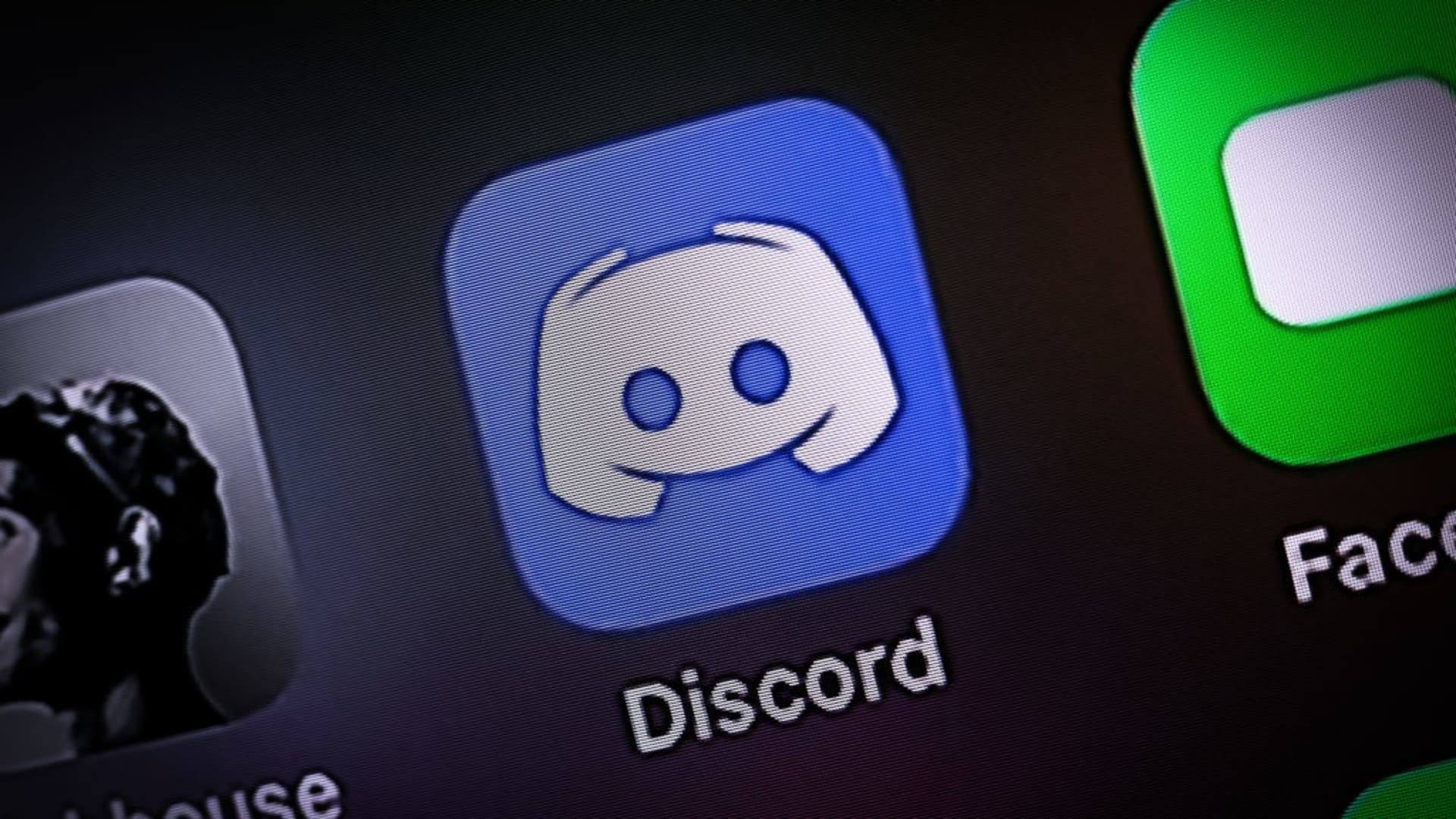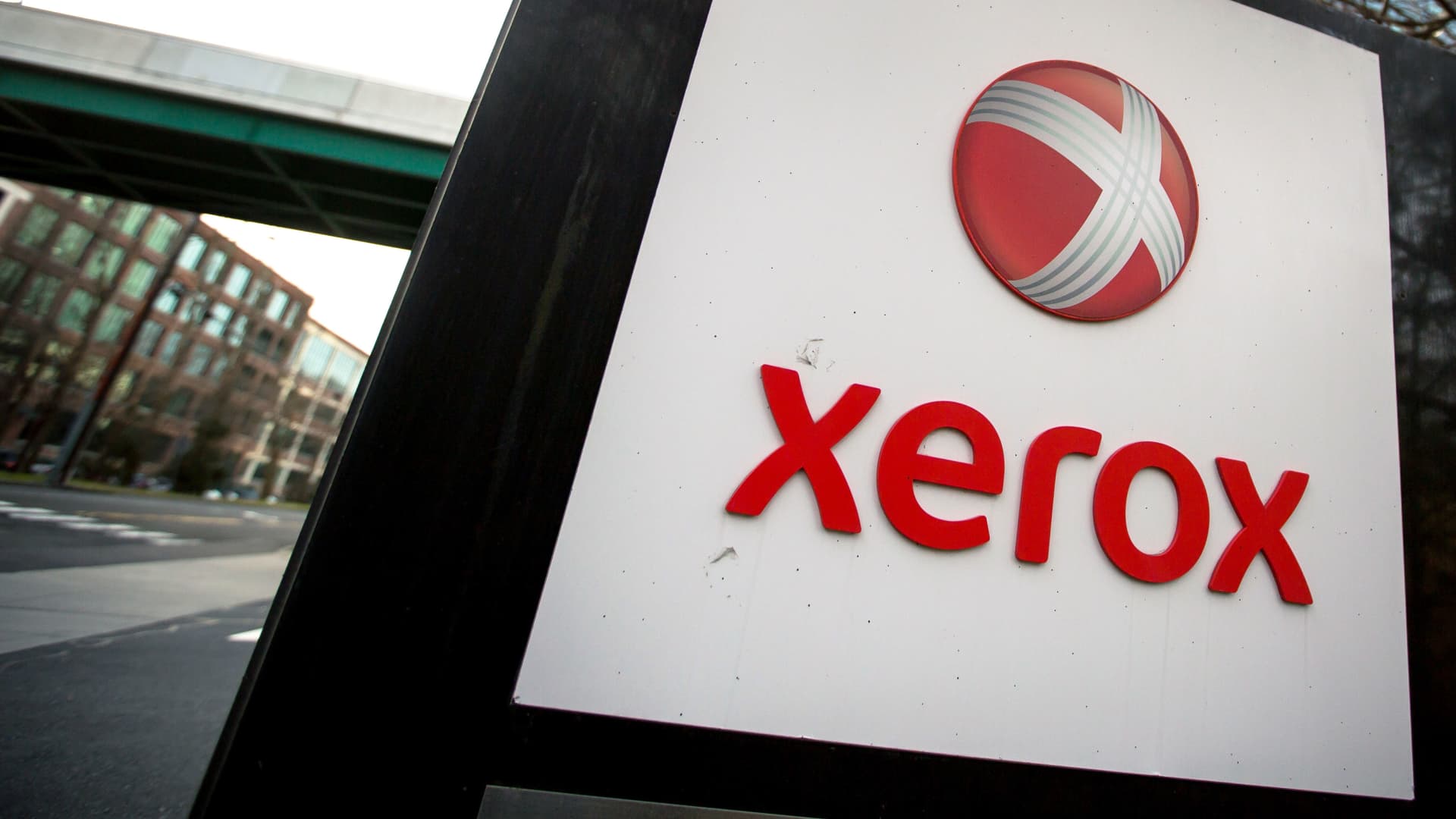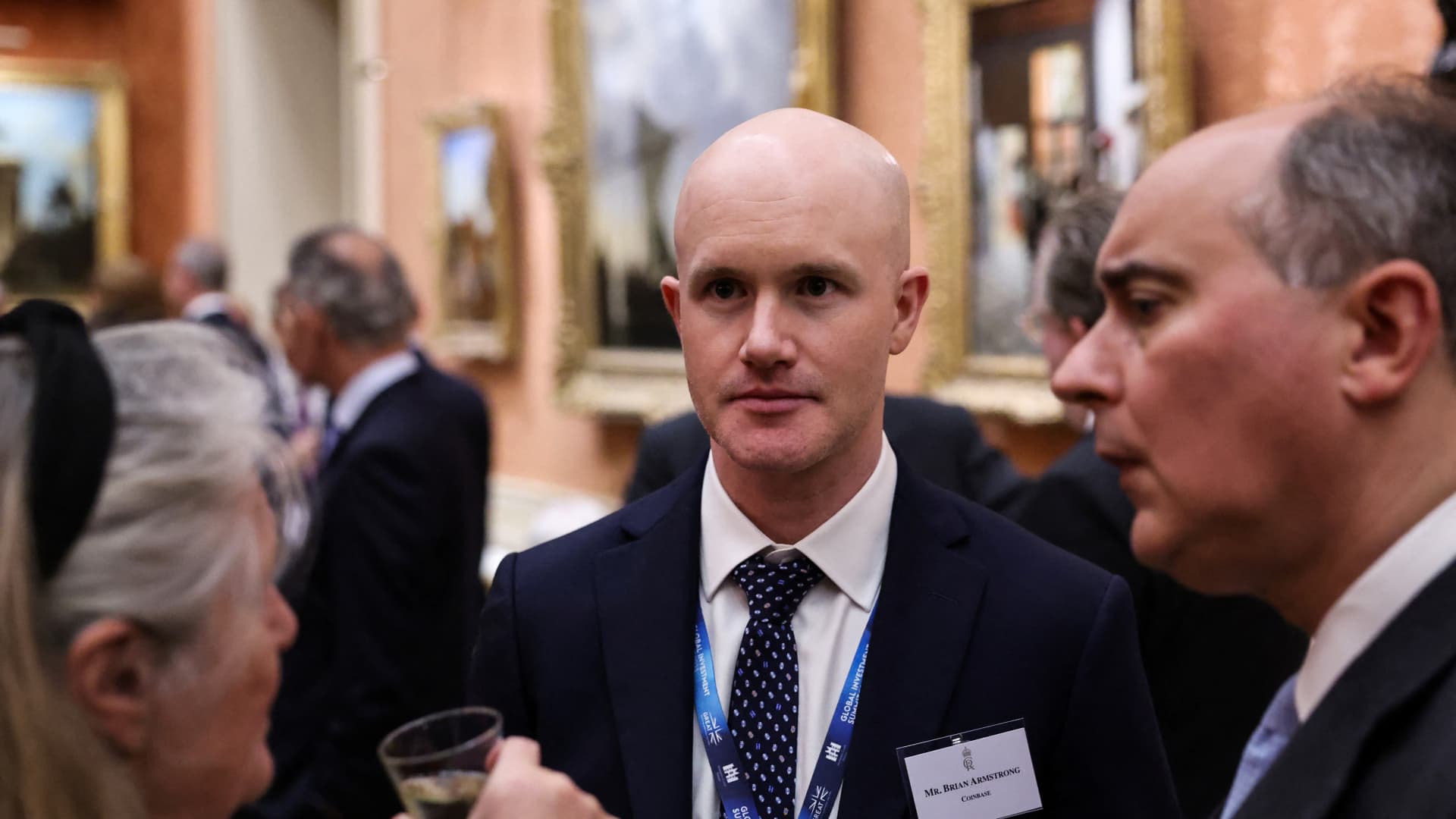Mattel stiffed UCLA on $49-million children’s hospital donation, lawsuit claims
Mattel, the company behind Hot Wheels, Fisher-Price and Barbie, pledged in 2017 to donate $49 million to UCLA to support its children’s hospital. But now the hospital says Mattel never came through with the money.
According to a new lawsuit, the El Segundo toy company made “the inexplicable decision a few short years later to renege on that pledge” and is now trying to offer the pediatric hospital just a few million dollars, plus a bunch of Barbie dolls, Hot Wheels cars and other in-kind donations.
The suit, filed last week on behalf of the regents of the University of California and the UCLA Foundation, accuses Mattel of breach of contract for going back on its giving pledge and is seeking the full amount of the original pledge, plus damages for alleged financial difficulty stemming from the company’s decision to back out of its giving plan.
“As a last resort, UCLA Health has taken legal action to compel Mattel Inc. to honor its $49 million pledge,” UCLA Health spokesperson Phil Hampton wrote in a statement. “Litigation is not the University’s preferred path. UCLA Health made multiple good-faith attempts to resolve this matter through meaningful dialogue, and those efforts were unsuccessful.”
“We are hopeful that an alternative resolution can be found through dialogue grounded in respect for a relationship of more than 25 years and in pursuit of a shared interest: the care and well-being of children,” Hampton added.
Mattel, in a statement, disputed UCLA’s claim that it had breached its contractual obligations.
“Mattel deeply values its longstanding relationship with UCLA Health and we are proud that UCLA Mattel Children’s Hospital bears our company’s name,” Mattel spokesperson Catherine Frymark wrote. But the company said that its donation was intended specifically for the construction of a new tower in the children’s hospital, and argued that because UCLA “unilaterally abandoned its plans for the construction of its new hospital tower,” the conditions of the 2017 pledge have not been met.
“We are open to continuing a dialogue with UCLA Health in the same spirit of collaboration that has been a hallmark of our relationship for decades,” the statement says.
The relationship between Mattel and UCLA’s medical arm began in 1998, when the toy company pledged to donate $25 million to the UCLA Foundation to support the construction of a children’s hospital on the Westwood campus. In exchange, the university agreed to name the new hospital after Mattel, and thousands of children have been treated at UCLA Mattel Children’s Hospital over the decades since. That deal proceeded smoothly, with Mattel delivering the funds as agreed by 2004, and the company has continued to host an annual Party on the Pier fundraiser for the hospital at the Santa Monica Pier, which the filing notes raised over $1 million in 2022.
In 2017, Mattel made another big pledge to the hospital, promising to donate $49 million in cash over the next 12 years. In exchange, UCLA agreed to work Mattel’s logo into the logo and signage for the hospital. As the filing notes, this was an unprecedented act of corporate branding for a UC facility.
The 2017 pledge began with Mattel donating the $2 million it had promised in the first year of the deal. Just one year later, however, things started to go sideways. In 2018, “Mattel paid just $1 million of the $3 million promised” in the pledge agreement, according to the filing.
“That $1 million payment was the last one Mattel made,” the filing states.
Mattel Chief Executive Ynon Kreiz informed UCLA in writing that year that the company’s board had decided to put a three-year pause on donations, given the company’s bad financial position. In 2017, the company had posted more than $1 billion in losses.
But three years later, in 2021, when the donations were supposed to resume, Mattel wrote to the regents to say the company planned to donate only $10 million more in total, rather than the $46 million it had initially pledged. Of that $10 million, the company also wrote that only $2.5 million would be in the form of cash. The rest would be made up of $5 million of in-kind marketing and $2.5 million of toys.
Mattel’s decision to leave UCLA in the lurch coincides with a major turnaround in its business. Since 2021, the company has earned over $1.3 billion in profit, according to financial documents, buoyed recently by an expected take of $125 million from its share of the “Barbie” movie sales. Flush with cash, the firm has already spent $110 million on stock buybacks this year.
Mattel’s abrupt change of course has caused “significant financial injury” to the children’s hospital on a number of fronts, the suit alleges. Besides losing out on the promised cash, the suit argues that Mattel’s decision also has jeopardized the construction of a new tower to accommodate more pediatric health services by making financing the project more difficult, caused the hospital to lose out on potential sponsorship deals with more reliable donors and damaged its fundraising ability writ large by showing few consequences come from failing to follow through on its promises to the institution.
The toy company, according to the suit, argued in 2021 that it was not obligated to fulfill most of its obligations because UCLA wasn’t holding up its part of the bargain, and had not yet made construction plans for a new facility or launched international health initiatives as discussed in the initial pledge agreement. UCLA argues in the suit that those arguments are baseless and that Mattel was simply making excuses to pull out of the deal.
UCLA tried to negotiate with Mattel over the last two years, according to the suit, but was not satisfied with the results. Despite the tension between the toy giant and the university, the 24th annual Mattel-sponsored Party on the Pier fundraiser for UCLA’s children’s hospital went on as planned on Nov. 5, just four days before UCLA filed its suit.







